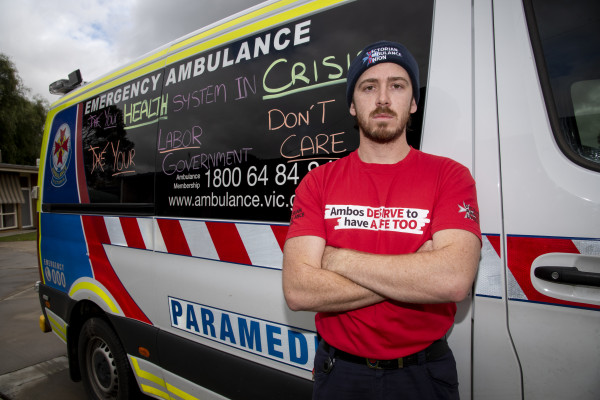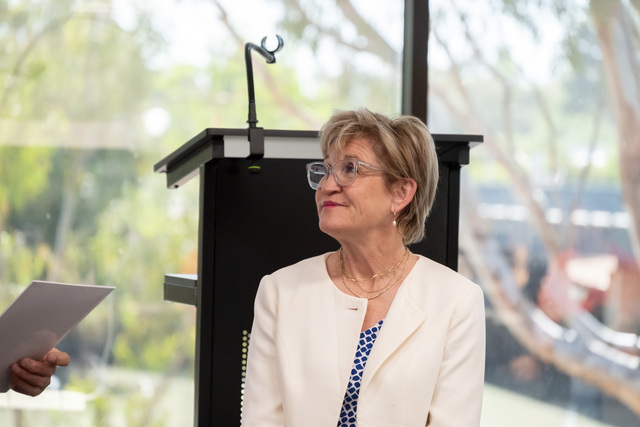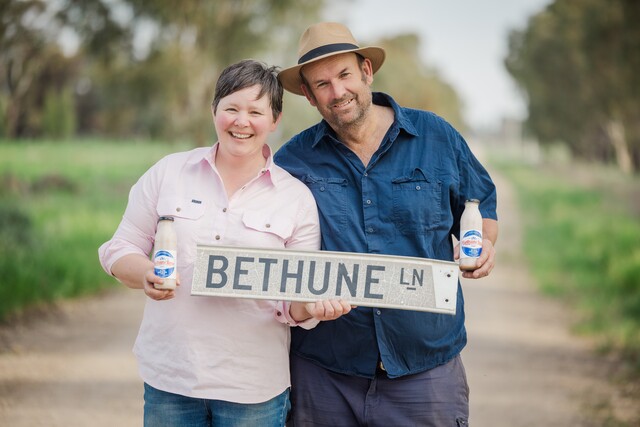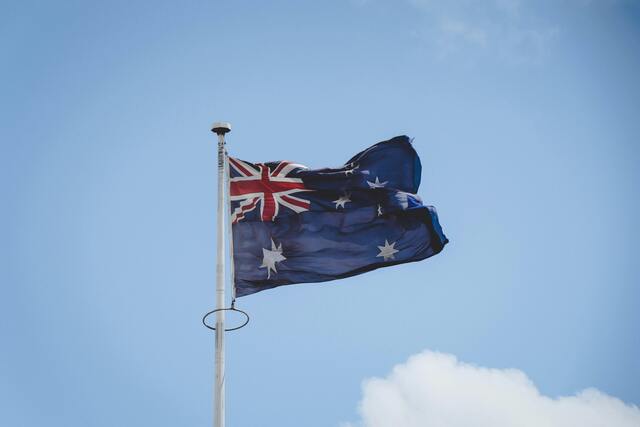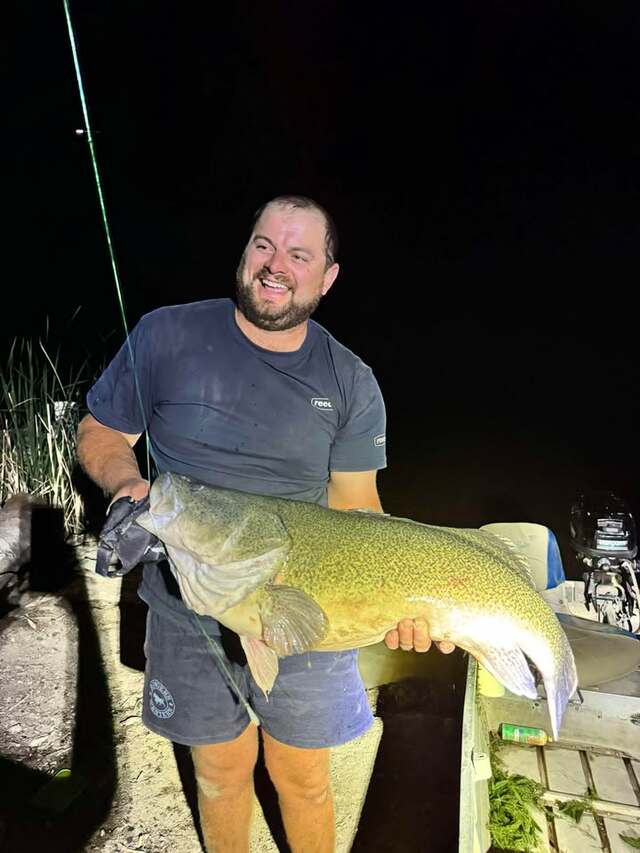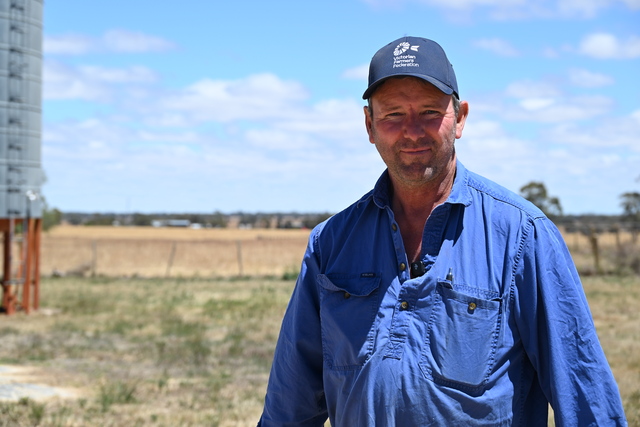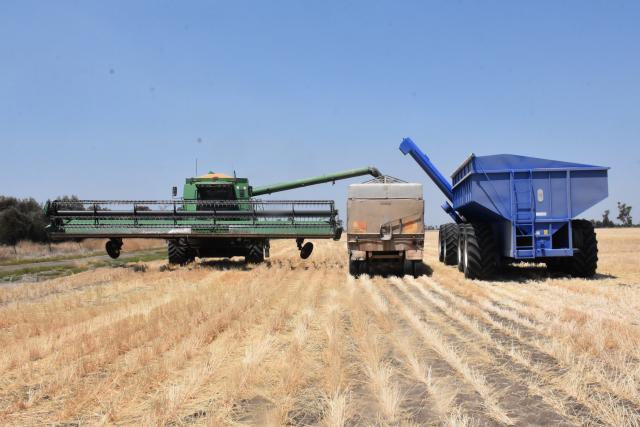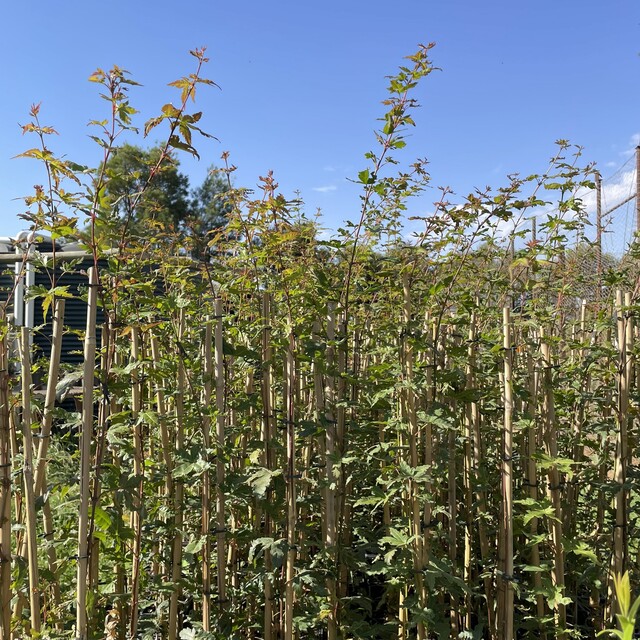Cohuna, like many towns in the region, has only one paramedic. And if an emergency case requires transport to Bendigo or Echuca, residents are without cover for up to six hours.
Ambulance Victoria Cohuna paramedic Daine Stephenson, the man in the firing line, said issues in the health system have been highlighted since COVID with the ambulance service the fall-back for the health system.
“While we are responding to a lot of emergencies, we are also responding to a lot of cases that would be considered non-emergencies which are tying up quite a stretched ambulance resource at the moment,” Mr Stephensen said.
“That is happening all across Victoria, whether that is metropolitan Melbourne or rural Victoria.
“The doctors and nurses’ shortage and the general congestion in hospitals is making our job harder. When we are responding to the community and taking patients to hospitals, we are finding we are getting stuck at hospitals for protracted periods when we can’t respond to the community that actually needs us.
“Within the Gannawarra Shire response times over the last decade have extended by five minutes. Time can mean life in this job and the longer it takes us to respond to our most critical patients it could actually have a terrible outcome for somebody in the community.”
The Nationals leader and Member for Murray Plains, Peter Walsh, said the ongoing EBA negotiations and the current ambulance crisis are separate issues with the same cause – “an incompetent and increasingly chaotic Allan Labor government”.
Mr Walsh said ambulance crews and paramedics are the front line of emergency healthcare in this state and the whole system is starting to break down and not, he emphasised, because of the staff involved.
“Those men and women are going above and beyond in their attempts to cover the failings of the Allan Labor government’s financial crisis, which is simply setting off a chain reaction of crises, one of which is the efficiency of the ambulance network,” Mr Walsh said.
“The Allan Labor government shouldn’t be penny pinching with a service that literally saves lives every day, it should be making sure those vital, highly trained and dedicated workers get the support and equipment they need to get the job done.
“It won’t be any help to an injured or ill person knowing there is a multibillion-dollar tunnel in Melbourne which will cut five or 10 minutes off a trip if there is no ambulance to get them there.
“There are towns in my electorate restricted to a single paramedic – just think about the responsibility those individuals have to shoulder, and think about the safety issues surrounding that, for them and their patients,” Mr Walsh added.
Current EBA negotiations are not solely focused on renumeration for the paramedics but also about bringing a work life balance to the role of paramedic.
“Currently there are no protections in place towards the end of your shift to ensure you can finish on time,” Mr Stephensen added.
“In Victoria we are doing approximately 800 hours every single day of incidental overtime.
“This is families missing out on dinners, birthdays and sporting events because we can’t guarantee when we will be finishing our shift.
“All we are asking for is some guarantees and protections that if I am five minutes out from the end of my shift, I know that I am going to be finishing on time and not be asked to respond and do multiple hours of incidental overtime.”

